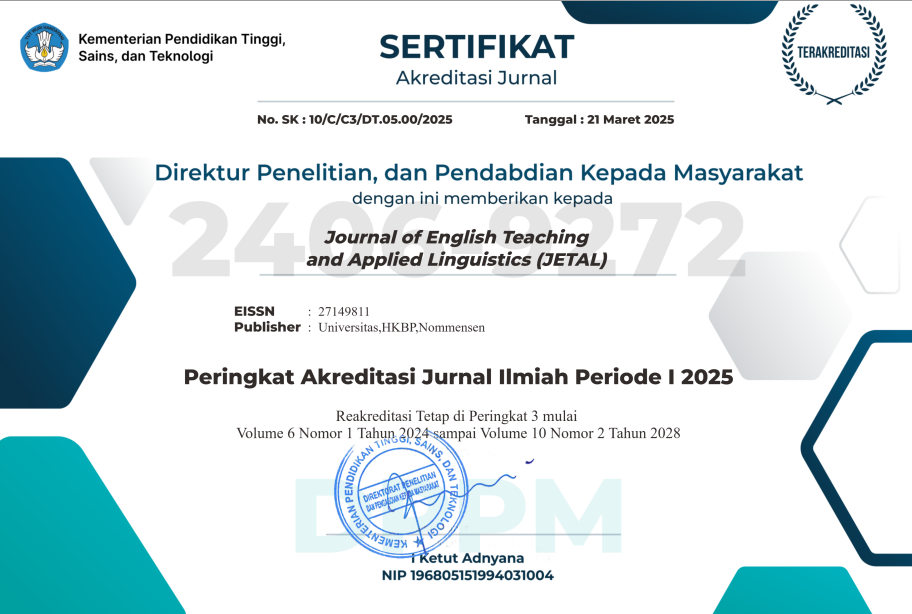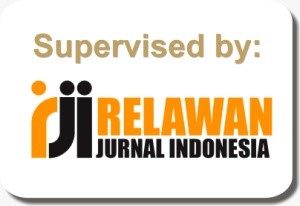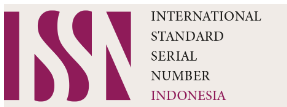An Analysis of The Politeness Strategy used in Mata Najwa Talk Show on Trans7
Abstract
This study aimed to describe the Politeness Strategies used in Mata Najwa Talk Show. This study applied a qualitative research design to explore the politeness strategies used by the participants in Mata Najwa Talk Show in their interactions. The participants in this study were Najwa Shihab as a host, Erick Thohir and Nadiem Makarim as guests. The data in this study were in the form of utterances that contain politeness strategies.
The result showed that the host not only use Positive Strategy to reveal the guests’ issue but also use a Negative strategy to reduce the interference with the guests’ freedom of action. The guests tend to use Positive Politeness because they tried to convince society about their new policies and state that they share the same specific wants, goals, or values, namely a better condition for this country. From the analysis, the researcher found out the result that Positive politeness (76,32%), Negative Politeness (18,42%) and off Record Strategy (5,27%) and there is no Bald Record Strategy used in this analysis.
References
Fitria, H., Ningrum, D. R., & Suhandoko. (2020). Politeness Strategies Reflected by the Main Character in “Bridge to Terabithia Movie.” Etnolingual, 4(1), 57–70.
Putri, L. P. A. A. (2013). Analysis of Politeness Strategies Used in Oprah Winfrey’S Talk Show With Ricky Martin As Guest Star. Humanis, 2(1), 1–10.
Selfia, M., & Marlina, L. (2016). An Analysis of Politeness Strategies Used By Deddy Corbuzier in Hitam Putih Talk Show. Journal of English Language & Literature, 5(1), 19–28. Retrieved from http://ejournal.unp.ac.id/index.php/ell/article/view/7441
Signes, C. G. (2002). Heroes and Villains : Theory-Building in Tabloid Talkshow StoryTelling. In Language, 153–175.
Swales, J. M., & Feak, C. B. (2019). Academic Writing for Graduate Students: Essential Tasks and Skills. Manusya, 18(2), 113–115. https://doi.org/10.1163/26659077-01802006
Timberg, B. M., & Erler, R. J. (2004). Television talk: A History of the TV Talk Show. In Choice Reviews Online (Vol. 40). United States of America: University of Texas Press. https://doi.org/10.5860/choice.40-6233
Watts, R. J. (2003). Politeness. Cambridge: Cambridge University Press.
Wierzbicka, A. (2003). Cross-cultural pragmatics: The semantics of human interaction. In Cross-Cultural Pragmatics: The Semantics of Human Interaction (2nd Editio). New York: Mouton de Gruyter. https://doi.org/10.1515/9783112329764
Yule, G. (1996). Pragmatics George Yule. New York: Oxford University Press.
Authors retain copyright and grant the journal right of first publication with the work simultaneously licensed under a Creative Commons Attribution-ShareAlike 4.0 International License (CC BY-SA 4.0) that allows others to share the work with an acknowledgment of the work's authorship and initial publication in this journal.
Authors are able to enter into separate, additional contractual arrangements for the non-exclusive distribution of the journal's published version of the work (e.g., post it to an institutional repository or publish it in a book), with an acknowledgment of its initial publication in this journal.
Authors are permitted and encouraged to post their work online (e.g., in institutional repositories or on their website) prior to and during the submission process, as it can lead to productive exchanges, as well as earlier and greater citation of published work (See The Effect of Open Access).






